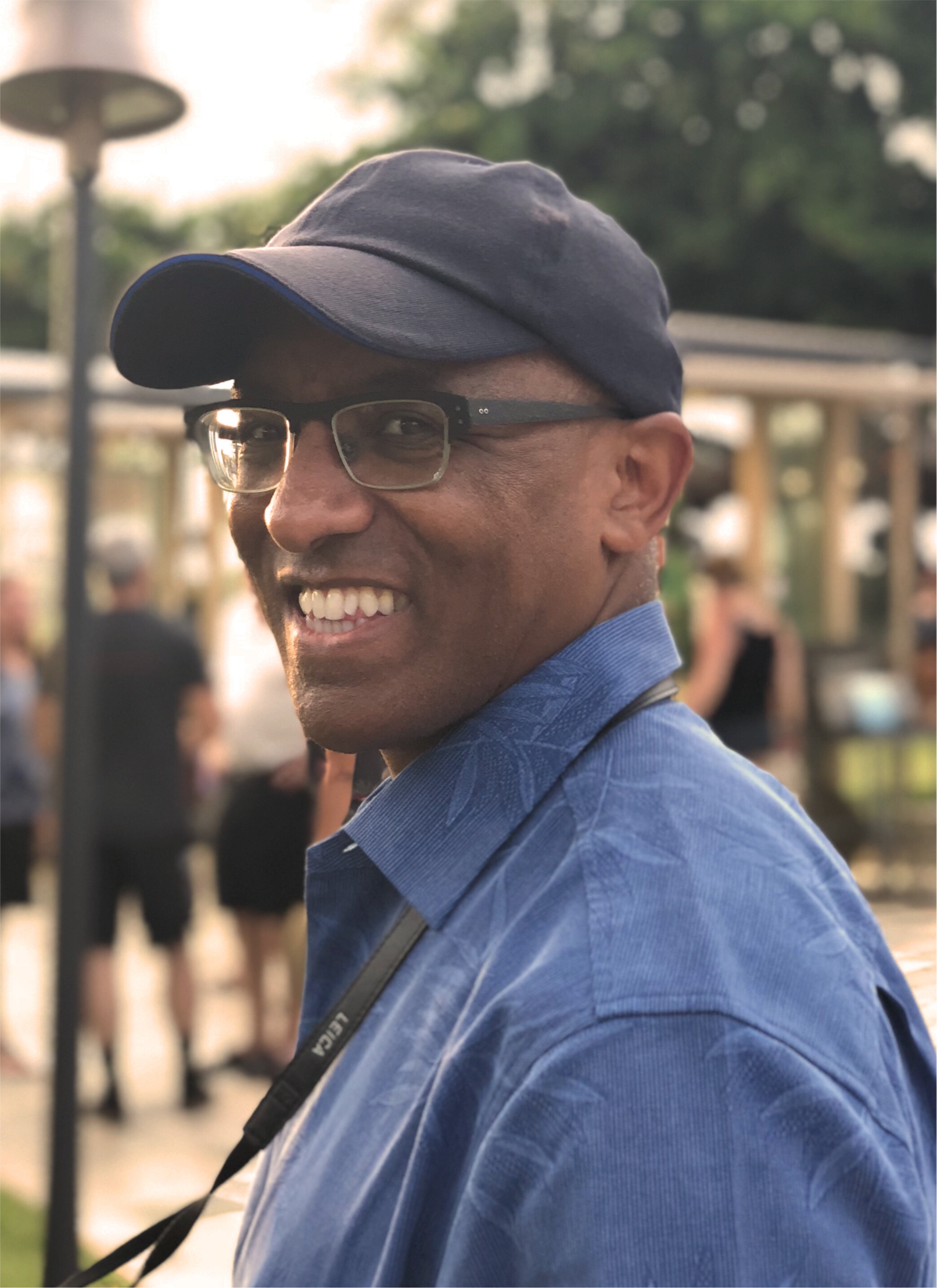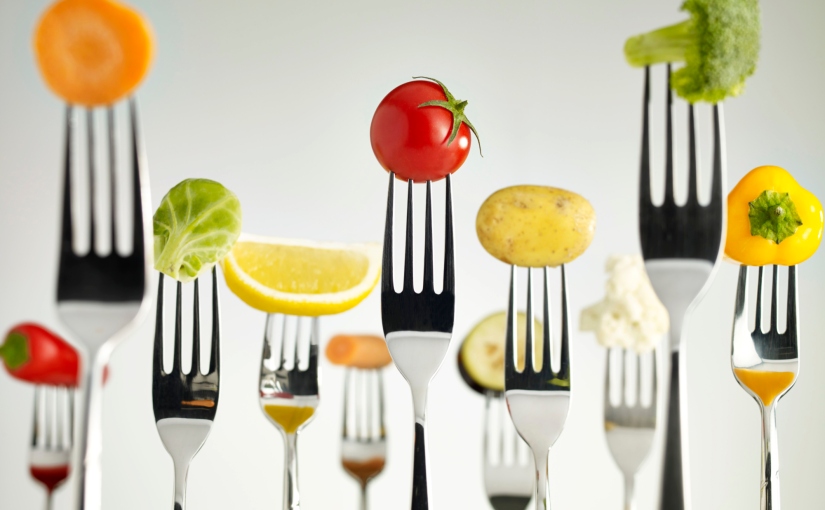
Food. Today we turn to a quirky aspect of this topic. Did you know that eating dinner before 9 pm and going to bed at least two hours after finishing the meal lowered the risk of both breast and prostate cancer. This is the finding of a recent Spanish population-based study. These two cancers have already been shown to be linked to night shift work.
“The present study suggests that changes in timing of circadian controlled activities in sleep or diet that are less extreme than those observed in night shift work are associated with long term health effects, increasing the risk of the most prevalent cancers worldwide,” the investigators state. “The findings highlight the importance of assessing circadian rhythms in studies on diet and cancer,” they add.
Details
Subjects having both earlier supper (before 9 pm) and long interval between supper and sleep (>2 hr) had a 25% decreased combined cancer risk, compared with those having supper after 10 pm and short supper-sleep interval,” the investigators write.
If these findings are confirmed, “the impact could be especially important in cultures such as those of southern Europe, where people have supper late,” Kogevinas added in a statement.
The study was published online 2018 July 17 in the International Journal of Cancer. The findings come from the MCC-Spain study, a population-based, case-control study carried out in 12 regions in Spain between 2008 and 2013. After excluding individuals who had ever worked the night shift, the analysis included 1205 patients with breast cancer and 621 patients with prostate cancer.
Another 1321 women and 872 men randomly selected from primary health centers in the same regions of Spain served as controls. Information on participants’ chronotype (that is, whether they were morning or evening persons) and the degree to which they followed cancer prevention recommendations of the World Cancer Research Fund/American Institute of Cancer Research (WCRF/AICR) was also assessed.
Approximately 27% of women who had been diagnosed with breast cancer were found to have a healthy lifestyle, as reflected by WCRF/AICR scores, compared with 31% of female control persons. A similar difference was seen between men who had been diagnosed with prostate cancer and male control persons.
“Cancer risk decreased with increasing time between supper (main evening meal) and sleeping,” Kogevinas and colleagues report.
Individuals who went to bed at least 2 hours after their evening meal had a 20% lower risk for breast and prostate cancer combined, an effect that was “slightly more pronounced” for prostate cancer than for breast cancer.
For morning types, the risk for both cancers was 34% lower when persons allowed at least 2 hours to elapse before going to bed, compared with only 14% for evening types, the authors note. Not unexpectedly, “high adherence to cancer prevention policies was associated with a protective effect for breast cancer…compared with low adherence,” the authors observe.
This effect was less pronounced for prostate cancer, they add.
Still, those who went to bed 2 hours after completion of the evening meal had a 35% lower risk for both cancers if they had closely followed cancer prevention recommendations, compared to only 10% for those who had the lowest level of adherence to recommendations.
ISGlobal coauthor Dora Romaguera, PhD, cautioned that further research in humans is necessary in order to elucidate how the timing of meals could affect cancer risk for breast and prostate cancer.
“However,” she added in a statement, “everything seems to indicate that the timing of sleep affects our capacity to metabolize food,” she said.
Could the timing of meals affect the expression of your genes? Animal studies suggest the answer might just be yes, but we need much more research to truly the relationship between when we eat and our metabolism and cancer risk. I’m Dr. Michael Hunter, and I encourage you to explore more by clicking Wellness! (above).
_________________________

I am a radiation oncologist who serves patients in the Seattle area, and hold degrees from Harvard, Yale, and the University of Pennsylvania. You know the fine print: Please check with a valued health professional before making any changes that may significantly affect your health.
medscape.com

